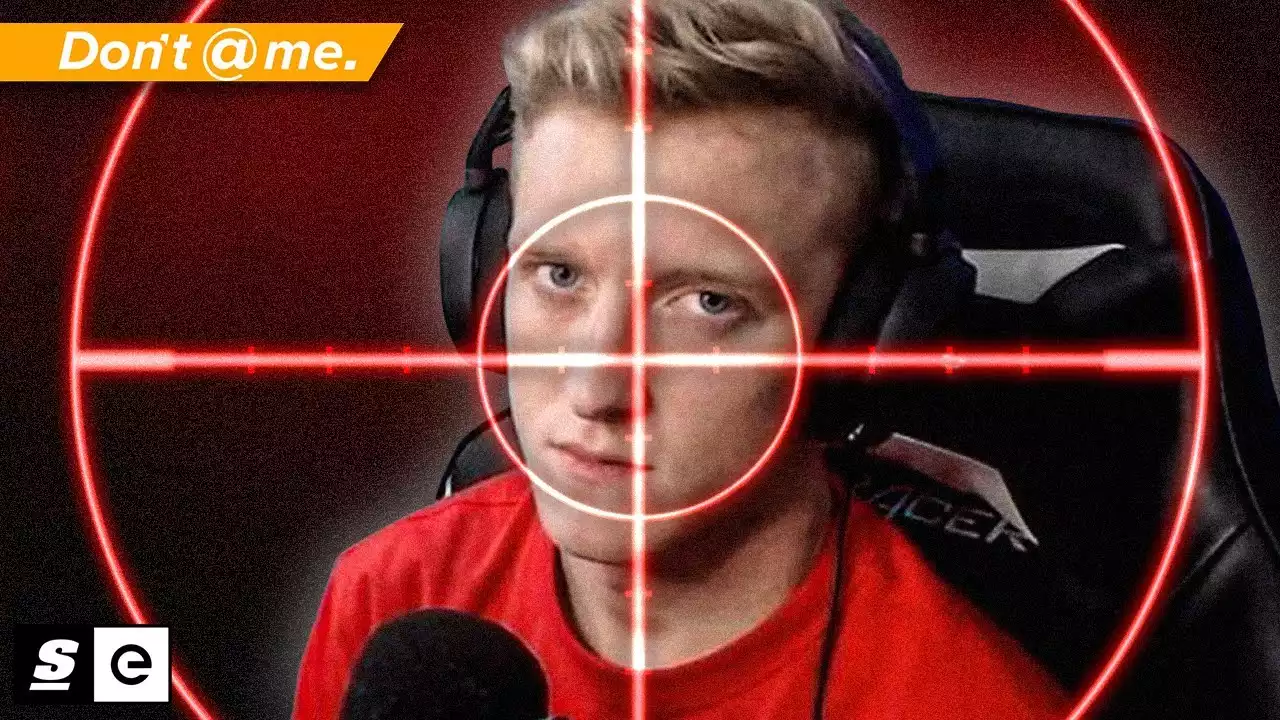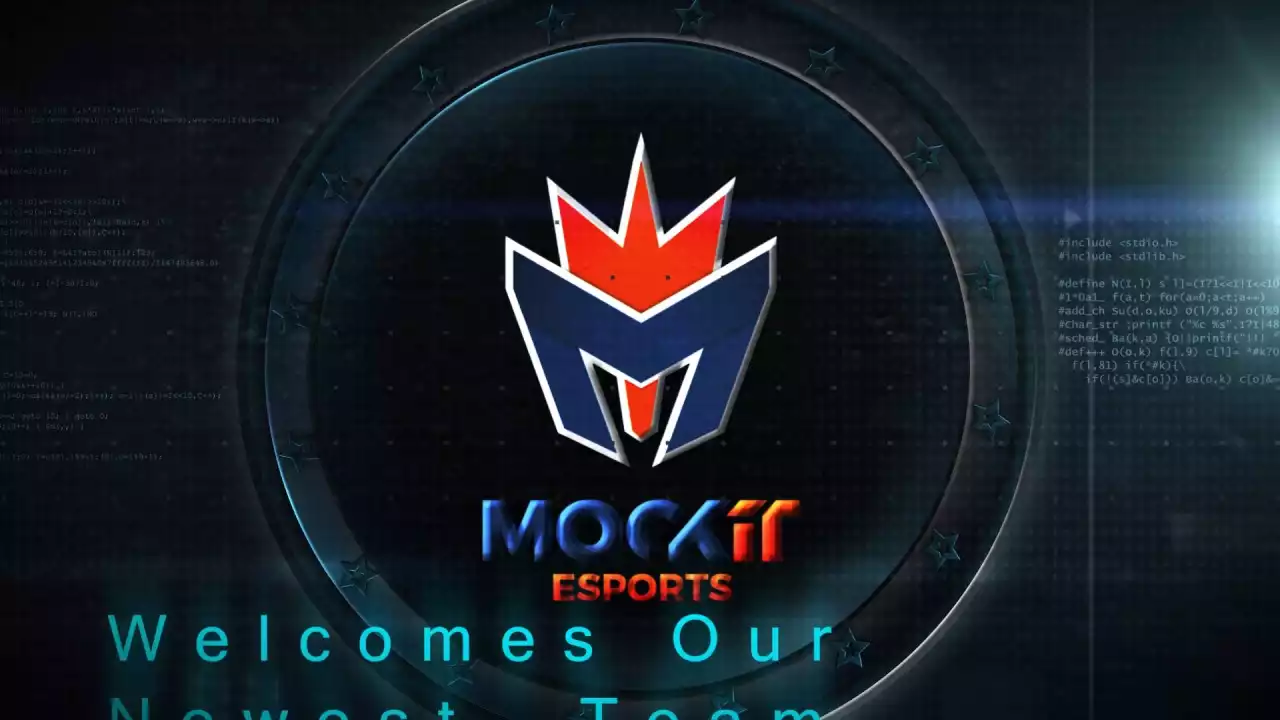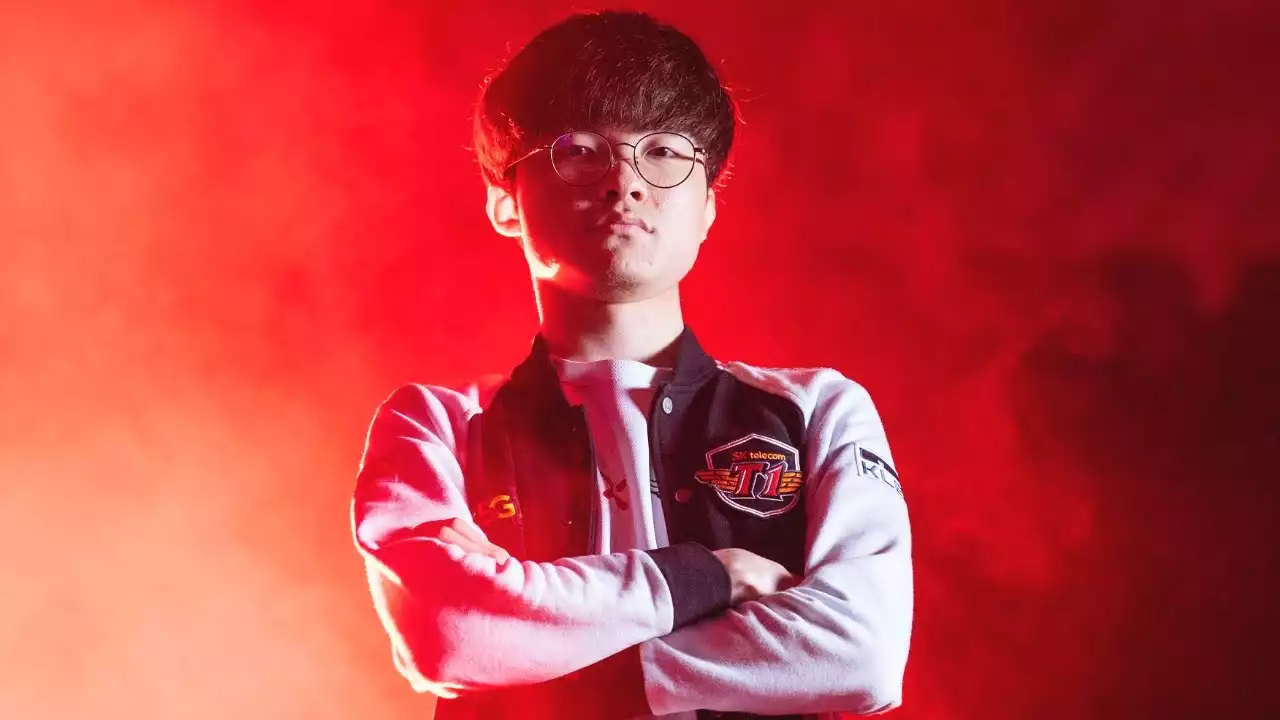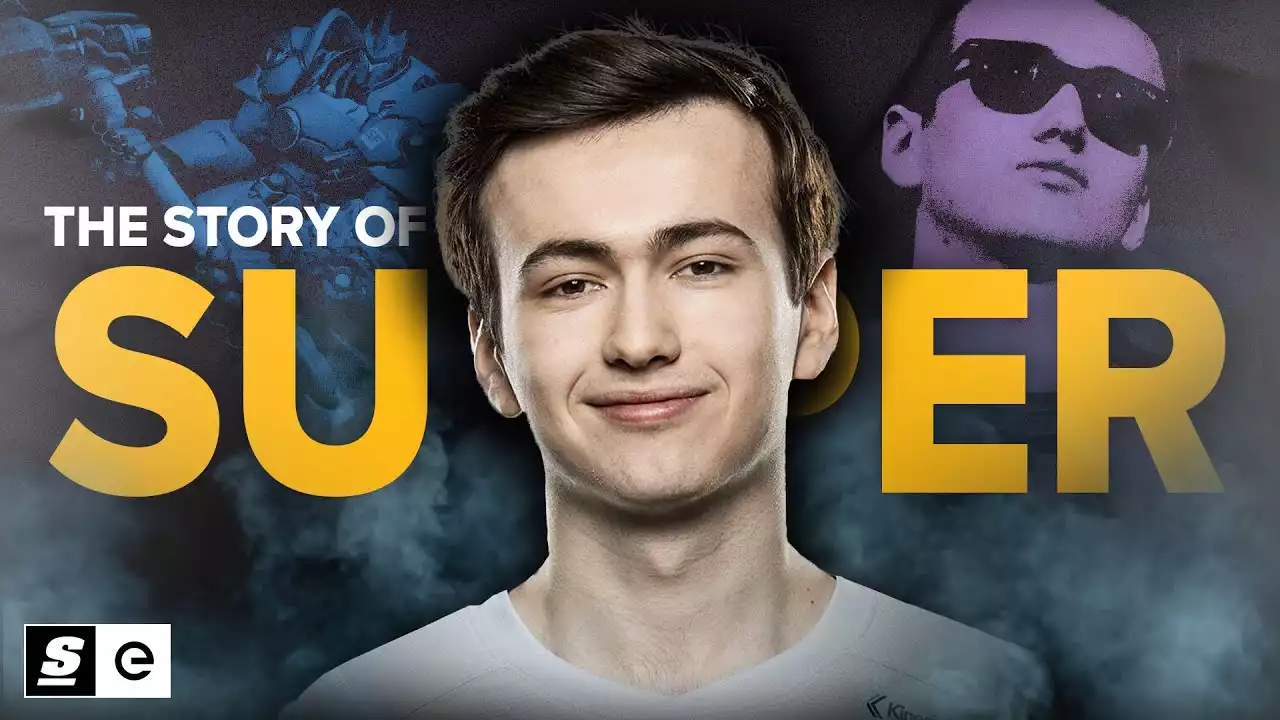The most popular Esports games
Esports has come a long way since the days of single-player arcade games like Space Invaders and Pac-Man. Today, there are countless multiplayer games that have become staples of the esports scene. Some of the most popular games include League of Legends, Dota 2, Fortnite, Overwatch, and Counter-Strike: Global Offensive.
Each game has its own unique gameplay mechanics, but they all share a common trait they require teamwork, strategy, and lightning-fast reflexes. This makes them perfect for competitive play, as players must work together to outmaneuver and outsmart their opponents.
In recent years, the popularity of battle royale games like Fortnite has skyrocketed, attracting millions of players and viewers around the world. These games are particularly exciting to watch, as players must not only outgun their opponents but also survive to the end of the game.
What makes a great Esports player?
While there are many factors that contribute to a player's success in esports, there are a few key traits that are essential for any aspiring pro. Firstly, a great esports player must have exceptional hand-eye coordination and reaction time. This is particularly important in games like first-person shooters, where split-second decisions can mean the difference between victory and defeat.
In addition to physical skills, esports players must also possess a keen strategic mind. They must be able to anticipate their opponents' moves and adjust their own gameplay accordingly. This requires a deep knowledge of the game mechanics, as well as the ability to think on their feet.
Finally, a great esports player must have a strong work ethic and dedication to their craft. They must be willing to put in countless hours of practice, both alone and with their team, in order to hone their skills and stay at the top of their game.
The Legends of Esports: Players who made history
There have been many players who have left their mark on the esports scene over the years, but a few stand out as true legends. One of the earliest pioneers of esports was Billy Mitchell, who set world records in classic arcade games like Donkey Kong and Pac-Man. Mitchell's achievements inspired a generation of gamers, and he remains a respected figure in the industry to this day.
Another early esports icon was Johnathan "Fatal1ty" Wendel, who made a name for himself in first-person shooters like Quake III Arena. Wendel was known for his lightning-fast reflexes and aggressive playstyle, and he won countless tournaments over the course of his career.
In more recent years, players like Lee "Faker" Sang-hyeok and Oleksandr "s1mple" Kostyliev have dominated the esports landscape. Faker, a League of Legends player from South Korea, is widely considered to be one of the best players in the game's history. He has won multiple championships and is known for his innovative playstyle and clutch performances.
S1mple, on the other hand, is a Counter-Strike: Global Offensive player from Ukraine. He is known for his incredible aim and game sense, and has won numerous MVP awards for his outstanding performances in tournaments.
The rise of female Esports players
While esports has historically been a male-dominated industry, there has been a recent surge in female players and teams. Women like Sasha "Scarlett" Hostyn, who has made a name for herself in StarCraft II, and Kelsey "ems" Moser, a coach for the League of Legends team Cloud9, have proven that gender is no barrier to success in esports.
However, there is still a long way to go in terms of gender equality in esports. Female players often face harassment and discrimination, and there are few opportunities for women to compete at the highest levels of the industry. Organizations like Women in Games International and Girls Who Code are working to address these issues and promote diversity in esports.
The future of Esports and its players
As esports continues to grow in popularity, the opportunities for players are only going to expand. In addition to tournament winnings, many players are now able to earn significant income through sponsorships and streaming on platforms like Twitch and YouTube.
Esports scholarships and career opportunities are also on the rise. Many universities now offer esports programs and scholarships, and some companies are even hiring esports players as consultants or brand ambassadors.
However, the competitive landscape of esports is constantly evolving, and players must be able to adapt to stay at the top of their game. New games and genres are emerging all the time, and players must be willing to put in the work to master them.
Esports teams and their impact on players
While individual players may get the glory, esports teams are an essential part of the industry. Teams provide a support system for players, helping them to improve their skills and providing opportunities for teamwork and collaboration.
Teams also provide a sense of community and belonging for players, who often spend countless hours practicing and competing with their teammates. This can be particularly important for players who may feel isolated or marginalized in other areas of their lives.
In addition, esports teams have a significant impact on the industry as a whole. They provide a platform for sponsors and advertisers to reach a large and engaged audience, and they help to drive the growth of esports as a legitimate form of entertainment.














